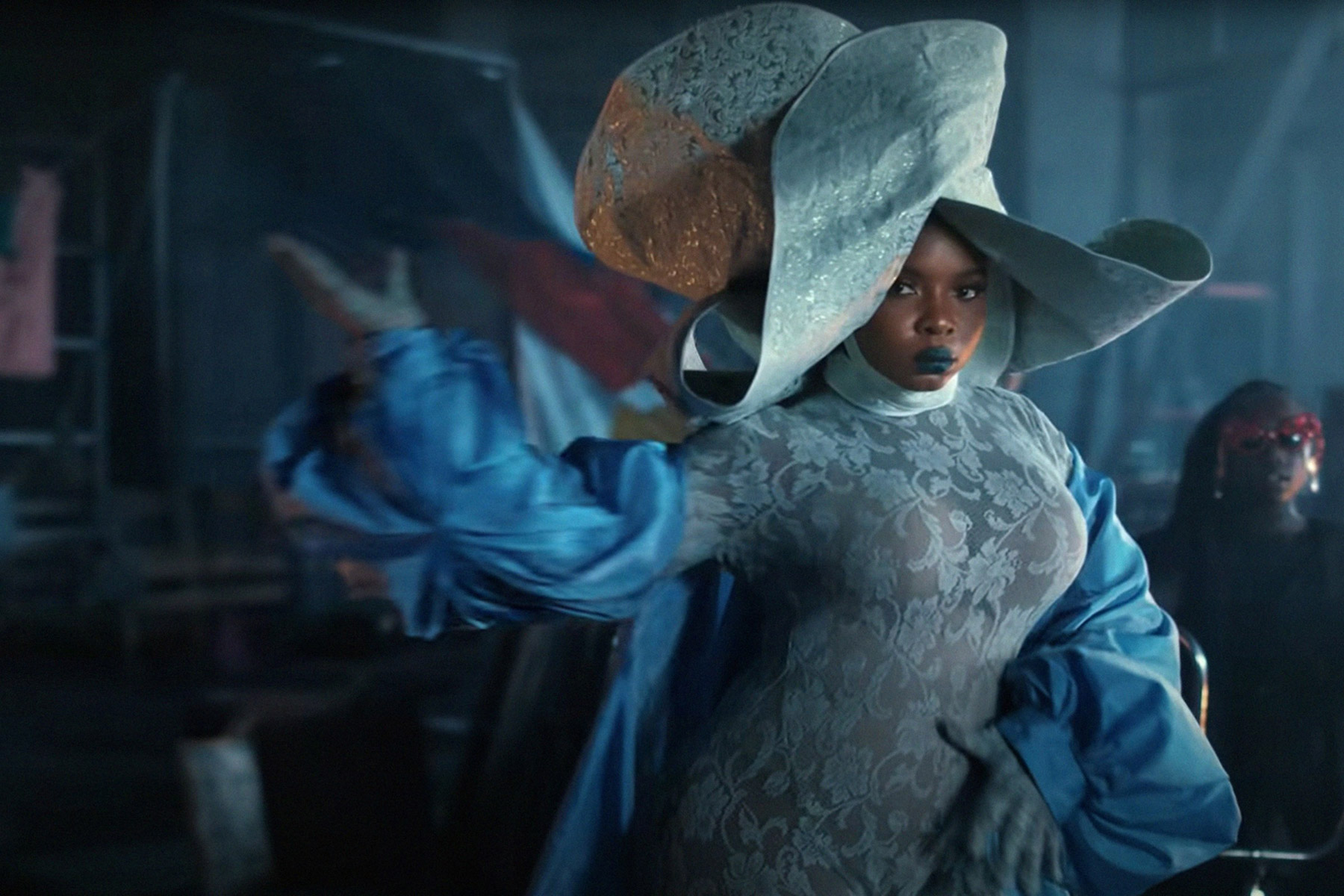
Exploring the Influence of African Artists in Movie Soundtracks
The Fusion of African Music and Cinema
African music has long transcended borders, influencing various cultural expressions around the world. Notably, it has made significant inroads into the cinema, providing poignant scores and original songs for movies ranging from superhero epics to biographical dramas. This exploration sheds light on how African artists have become integral to the auditory experience of modern filmmaking.
African Soundtracks in Superhero and Drama Films
Recent years have seen an upsurge in African artists contributing to major movie soundtracks. Notable amongst these is The Lion King: The Gift curated by Beyoncé, designed to complement the live-action adaptation of The Lion King. This album features a diverse array of talents including Shatta Wale and Salatiel, blending traditional African sounds with global music trends.
Similarly, the Black Panther film series has engaged African musicians to contribute to its sonic landscape. Kendrick Lamar’s executive-produced Black Panther: The Album featured a blend of American and African musical styles. The sequel, Black Panther: Wakanda Forever, continued this tradition with original music contributions that deeply resonated with the themes of the film.
Contributions Beyond Original Songs
Not all contributions by African artists involve original songs. For instance, artists like Bloody Civilian and Wizkid recorded original covers of Bob Marley’s songs for a soundtrack that celebrated the legendary musician’s life and legacy. Similarly, Tems’s rendition of “No Woman, No Cry” was prominently featured in Black Panther: Wakanda Forever, demonstrating the versatile capabilities of African artists in interpreting classic tracks.
Diverse Genres and Historical Narratives
From Jeymes Samuel’s Western dramas like The Harder They Fall to sports dramas and biopics, African musicians have not only showcased their musical versatility but also their ability to enhance the narrative depth of films through music. These soundtracks often carry a piece of the continent’s rich cultural tapestry, allowing global audiences to experience African storytelling through sound.
Conclusion
The engagement of African artists in film soundtracks represents a significant evolution in the recognition and inclusion of African music on global platforms. From dramatic features to animated films, these artists bring unique sounds that enhance the emotional and cultural richness of cinema.

